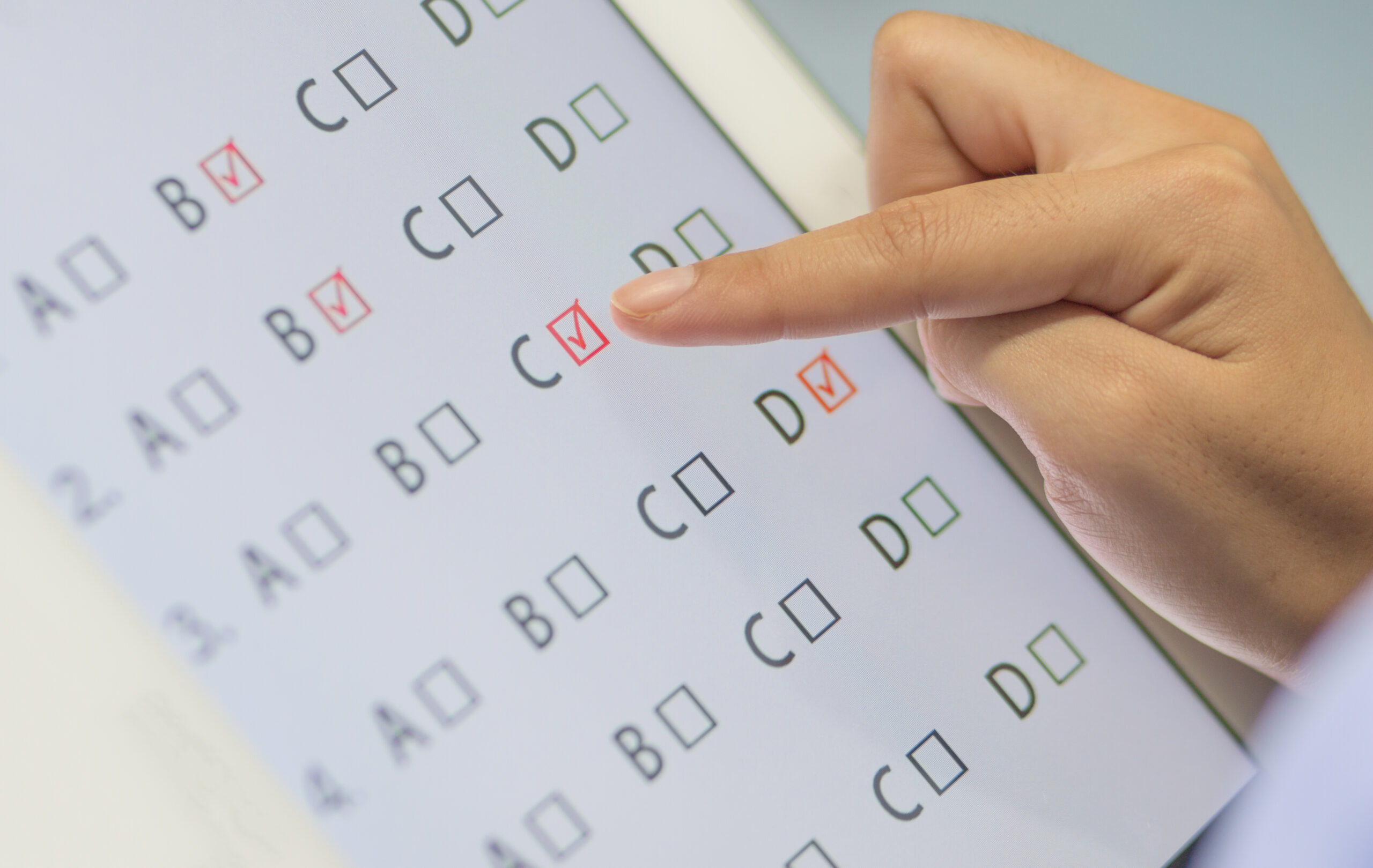Incorporating learning styles into event education
“Learning styles” is a term that refers to how people gather, organize, interpret and draw conclusions about information. By incorporating all learning styles into event education, planners can ensure all attendees go home satisfied they’ve comprehensively understood the content.
Visual

Images, maps and graphic organizers, like charts and graphs, help visual learners to retain information most easily.
Try this: Encourage all presenters to have slideshow presentations that incorporate images, charts and graphs wherever applicable.
Read More: Leaning into Learning Styles
Auditory

Auditory learners retain information best when they hear it, as in a lecture, or speak about it themselves, as in a discussion session.
Try this: Make sure presenters incorporate at least one discussion break. Specific discussion questions for groups to address are especially helpful.
Kinesthetic

By offering a tactile representation of information, as in the opportunity for people to figure things out by hand, you can meet the needs of kinesthetic learners.
Try this: Ask for volunteers to participate in a role-play activity, or have attendees fill out a multiple-choice questionnaire or respond to drop-down tasks. When a hands-on activity isn’t possible, animations are a great fallback.
Reading/Writing

When people learn best through written words, they are reading/writing learners. They retain information best when they are able to read it or take notes if the information is spoken aloud.
Try this: Leave notepads and pens out for attendees to use, if they choose to, or offer a small notebook to attendees at registration—as a plus, it makes a nice event souvenir!
Read More: Ms. B’s Book Club: Creating Experiences
Metacognition

Metacognition isn’t a learning style; rather it’s the practice of thinking about thinking, or when a person monitors and evaluates how they learn and plans ahead to meet their individual learning needs. Learning style models are widely disputed by psychologists because most people learn best through a combination of different learning styles, but there’s general consensus that metacognition improves learning and retention.
Try this: At the beginning of an event, introduce the idea of metacognition, so attendees have it on their minds at the very start. When they’ve taken time to consider how they learn best, they will feel more motivated to make sure their individual learning needs are met.
This article appears in the May 2024 issue. You can subscribe to the magazine here.




